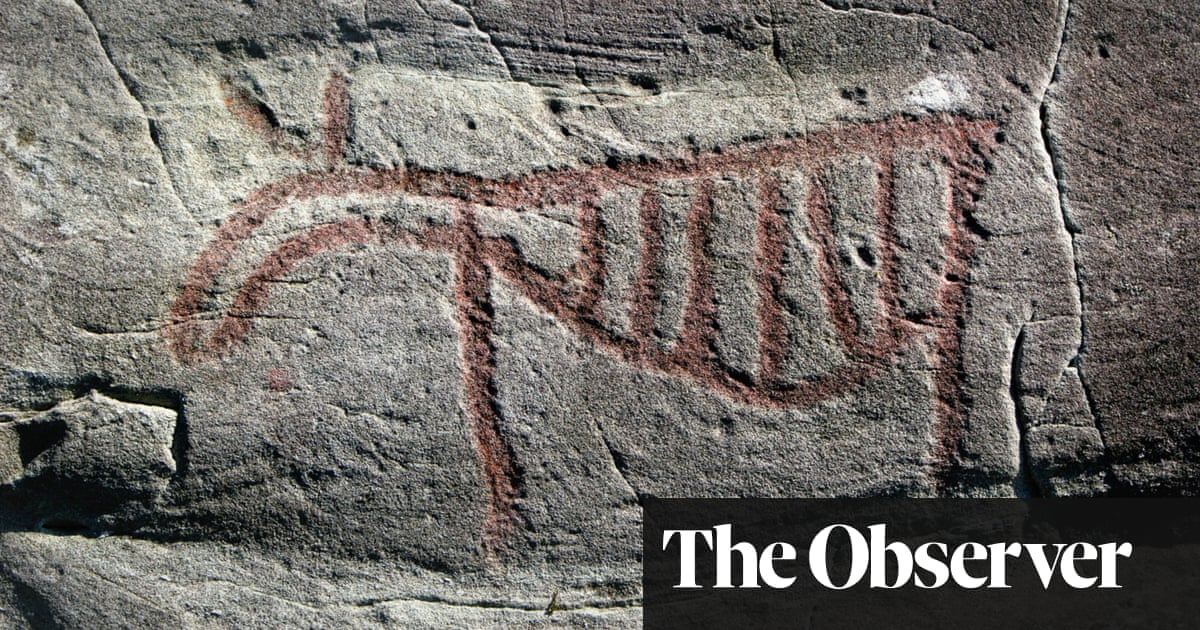- cross-posted to:
- globalnews@lemmy.zip
- cross-posted to:
- globalnews@lemmy.zip
One of the largest and most significant sites of rock art in northern Europe is under “catastrophic” threat.
The Vingen carvings, in Vestland county, Norway, are spectacular, and include images of human skeletons and abstract and geometric designs. Even the hammer stones, the tools used by the ancient artists to create their compositions, have survived.
This is the best summary I could come up with:
The Vingen carvings, in Vestland county, Norway, are spectacular, and include images of human skeletons and abstract and geometric designs.
Now archaeologists warn that the site is facing a “catastrophic” threat after a quarry, a shipping port and a crushing plant in the area of nearby Frøysjøen received planning permission in February.
George Nash, a British archaeologist and specialist in prehistoric art at Liverpool University, told the Observer that Vingen was an internationally important site featuring more than 2,000 carved figures.
“Its exquisite, prehistoric engraved rock art was made when hunter-fisher-gatherers roamed the landscape 6,000 to 7,000 years ago.
Trond Lødøen, associate professor in archaeology at the University Museum of Bergen in Norway, says Vingen is exceptional because the landscape is pristine and barely changed since the rock art was created – apart from the sea level, which was probably six metres higher.
To impinge upon this art and this location with the expected contamination of noise, light and dust, could, said Lødøen, have “a devastating impact”.
The original article contains 613 words, the summary contains 167 words. Saved 73%. I’m a bot and I’m open source!



